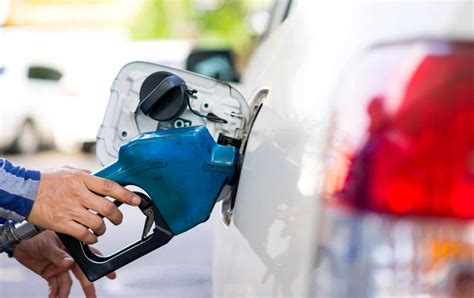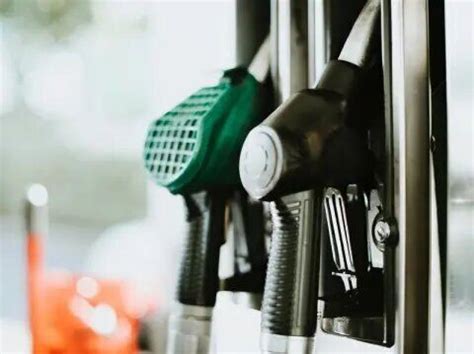The question of whether to splurge on premium fuel is one that has sparked countless debates among car owners. With regular unleaded often being significantly cheaper, many wonder if paying extra for a higher octane rating truly translates to better engine performance, extended longevity, or if it’s simply a waste of money for their vehicle.
Understanding Octane Ratings: More Than Just a Number
At its core, the octane rating of fuel measures its resistance to pre-ignition, also known as “knocking” or “pinging.” This phenomenon occurs when the fuel-air mixture ignites prematurely in the engine’s cylinders, leading to a detrimental clanking sound and potential engine damage over time. Higher octane fuels, like premium, are formulated to resist this pre-ignition better, allowing for higher compression ratios before combustion.

Who Needs Premium Fuel? The Manufacturer’s Call
The definitive answer to whether your car needs premium fuel lies squarely in your owner’s manual. Vehicles with high-performance engines, particularly those that are turbocharged, supercharged, or have high compression ratios, are specifically engineered to take advantage of premium fuel’s higher octane. These engines often operate under greater stress and higher temperatures, making them susceptible to knocking if lower octane fuel is used. In such cases, using the recommended premium fuel is crucial for maintaining performance and preventing long-term engine damage.
The Myth of Universal Performance Boost
A common misconception is that using premium fuel in a car designed for regular unleaded will automatically lead to increased horsepower, better acceleration, or improved fuel economy. For the vast majority of standard vehicles, this simply isn’t true. Modern engines are equipped with knock sensors that detect pre-ignition and adjust the engine’s timing to compensate. When you put premium fuel into an engine designed for regular, the knock sensors detect no pre-ignition issues, and the engine continues to operate on its standard timing map, effectively nullifying any potential “benefit.”

Does Premium Fuel Improve Engine Longevity?
For vehicles that require premium fuel, using it absolutely contributes to engine longevity by preventing harmful knocking that can lead to premature wear and tear on internal components. However, for vehicles designed for regular unleaded, there’s no evidence that using premium fuel extends the engine’s lifespan. The detergents and additives found in some premium fuels (often designated as “Top Tier” fuels) can help keep fuel injectors and intake valves clean, but these beneficial additives are also available in regular unleaded Top Tier fuels.
The “Top Tier” Difference: Additives vs. Octane
It’s important to distinguish between octane rating and fuel quality, specifically regarding detergents. “Top Tier” gasoline is a designation for fuels that meet a higher standard for detergent additives than the minimum required by the EPA. These additives are crucial for preventing carbon buildup and maintaining the cleanliness of an engine’s fuel system. Critically, Top Tier fuels are available in all octane grades – regular, mid-grade, and premium. So, if you’re looking for fuel that benefits engine cleanliness and potentially longevity, focus on finding Top Tier gas, regardless of the octane level your car requires.

When to Consider Premium (Even if Not Required)
While generally unnecessary for cars designed for regular fuel, there might be very specific, rare situations where using a tank of premium could provide a marginal, temporary benefit. For instance, if you’re driving an older, non-premium-requiring vehicle in extremely hot weather, at high altitudes, or under very heavy loads, and you notice slight knocking, a higher octane fuel might temporarily alleviate it. However, this is usually a band-aid solution, and if knocking persists, it’s best to have your engine checked by a mechanic.

Conclusion: The Owner’s Manual is Your Guide
In most cases, the added cost of premium fuel for a vehicle not specifically designed for it is an unnecessary expense. For these cars, using premium fuel offers no tangible benefits in terms of performance, fuel economy, or engine longevity. Your best course of action is always to consult your car’s owner’s manual and stick to the manufacturer’s recommended fuel type. If your car requires premium, use it. If it recommends regular, save your money and fill up with regular unleaded, perhaps opting for a “Top Tier” brand for its cleaning additives, regardless of octane.





